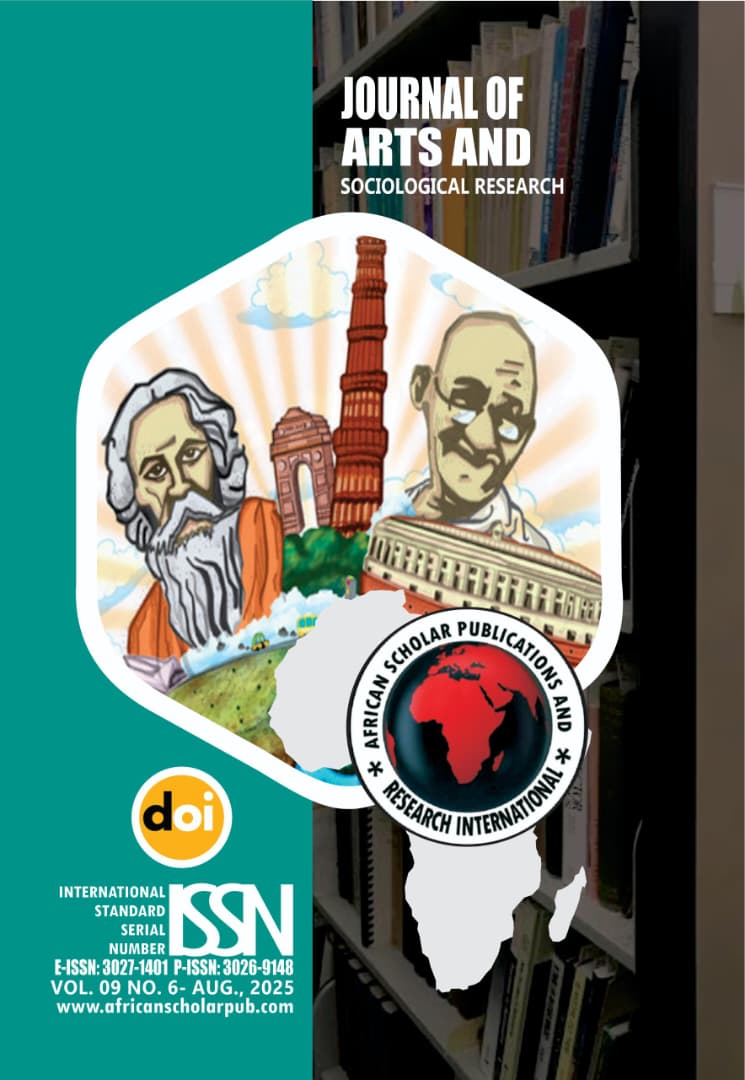Implications of Migration on Food Security in Delta State: Navigating the Dilemma of Abavo Community
Abstract
Migration has become a central socio-economic force in Delta state of Nigeria, shaping agricultural outcomes and food security in significant ways. Granted that migration generates benefits through remittances, knowledge transfer, and socio-cultural connections, migration also undermines traditional farming systems, particularly in rural agrarian communities in the state. This paper examines the relationship between migration and food security with a focus on Abavo, a farming community in Delta State codenamed the ‘food basket of Delta state’. Using secondary sources, including data from the National Bureau of Statistics (NBS), the Food and Agriculture Organization (FAO), and existing scholarship, the study highlights how migration reshapes labour availability, agricultural productivity, food access, and rural household well-being. The study relied on the push-pull theoretical framework to give clarity to the research. The results indicate that youth migration has contributed to reduced crop yields, higher food costs, worsening nutritional outcomes, and increased workloads for women and the elderly. Although remittances offer some income relief, they are rarely reinvested into agriculture. The Abavo case reflects broader national trends of rural decline and deepening food insecurity. The study recommends agricultural modernization, rural development initiatives, gender-responsive policies, and better use of remittances to support agribusiness. It concludes that mitigating the food security challenges driven by migration requires integrated strategies that revitalize rural livelihoods while recognizing migration as both a constraint and a potential driver of sustainable development.
Keywords:
Migration, food security, Abavo, remittances, rural development, AgricultureDownloads
Downloads
ACCESSES
Published
Issue
Section
License
Copyright (c) 2025 Dr Iweriebor Ferdinand (Author)

This work is licensed under a Creative Commons Attribution 4.0 International License.


















